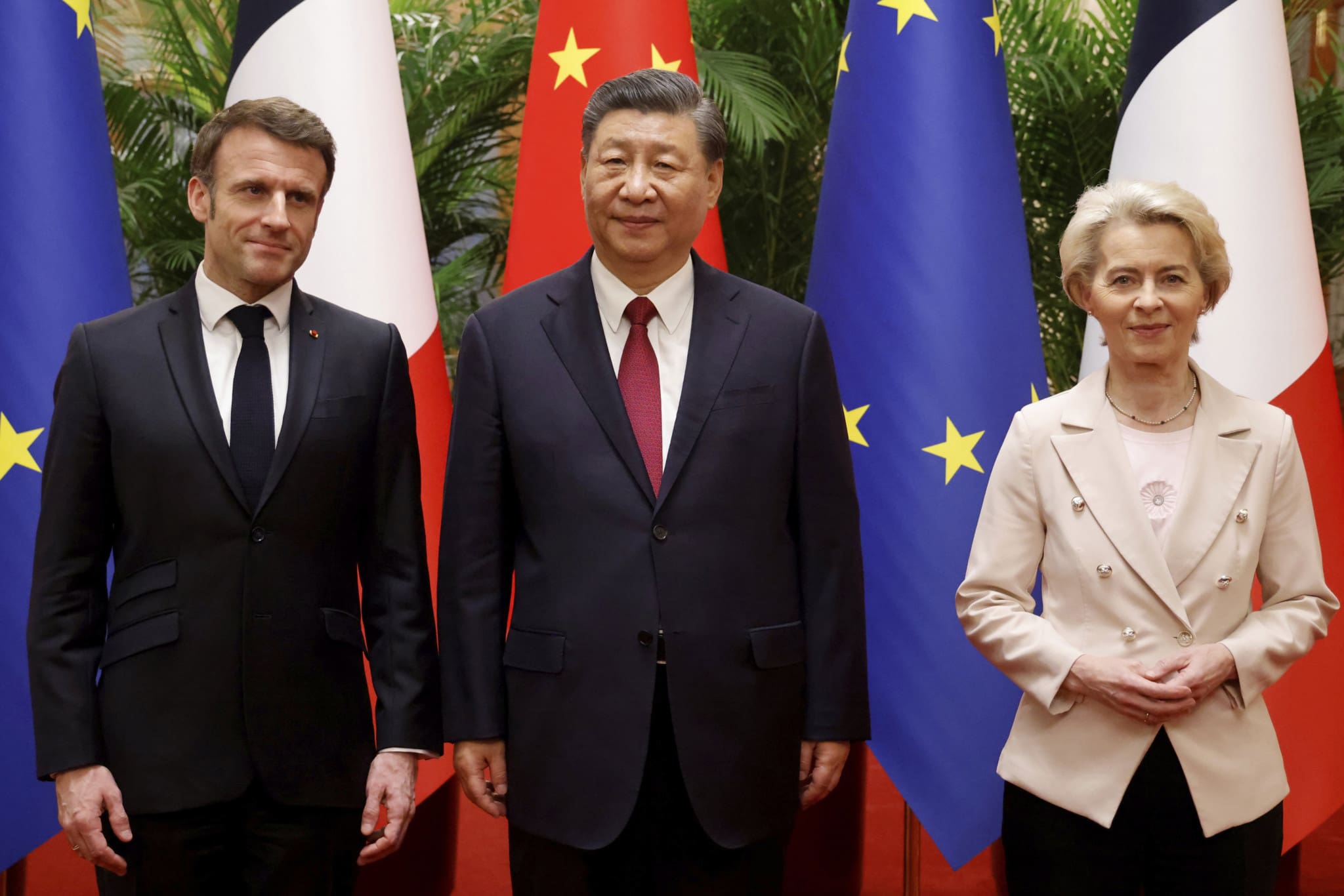The European Commission was so surprised by the Chinese export restrictions on critical resources for Europe’s green energy transition, that it appears unable to even react, even despite China’s export ban being very predictable.
Brussels has nothing to say in response to China’s recent announcement of export restrictions on two critical minerals essential to the green transition, gallium and germanium — literally nothing. Instead, European Commission officials have resorted to total silence. According to those with insight into the matter, there is total consternation in Brussels, which is quite surprising.
China has now taken the plunge against the EU.
The move from China comes after the European Union continued to use the phrase “de-risking,” which in practice means reducing China’s role in world trade. The EU has been open about seeking to diversify into critical minerals and raw materials essential for the green transition. Now, Beijing has simply shrugged its shoulders and then showed in the strongest possible terms what a trade war would look like if the EU started to re-politicize economic cooperation in line with the United States.
China has hit Brussels where it hurts most: It will restrict its exports of critical minerals, particularly gallium and germanium, the two materials crucial for chipmaking, telecoms and electric vehicles. Meanwhile, the EU, in the midst of its green transition fever, seems not to have realized the warning it has been given.
The European Union imports 71 percent of its needed gallium and 45 percent of its needed germanium from China, so limiting their quantities could turn all forward-looking EU plans upside down.
The Chinese action is just a taste of what is at stake and intended to warn Europe that there is no option that would allow it to cut itself off from Chinese raw materials. Beijing will not stand idly by and allow the EU to play a role in the hegemonic economic ambitions of the United States at its expense.
As member states speculate in tense silence about what to do next, bureaucrats in Brussels, always ready for a fight, are completely silent. Some MEPs have already spoken, but they are repeating the usual empty phrases about how the EU needs its own mineral extraction and processing.
The really important thing would have been a response from Valdis Dombrovskis, the EU trade commissioner, and Ursula von der Leyen, the president of the European Commission, but so far nothing has been forthcoming. Both of these powerful people have been silent, even though they were at the forefront of the EU’s economic strategy when the proposals against China were put forward. True, they forgot about the emergency scenario, i.e., when they used the term “de-risking,” they were only thinking about how to get rid of what they saw as trade cooperation with China that was too close, not what would happen if Beijing presented them with what this would look like in reality, according to China’s own rules.
The European Commission is now doing what it believes it does best: “analyzing the situation.” It can do that, but the end result will always be the same: If China is the only supplier, and China does not supply it, then all the plans that could have defined EU industrial and economic policy for the coming decades will amount to nothing.
It is truly astonishing that the EU has so far written its own script, without even considering that China will not stand idly by and watch attempts to curb its trade powers. During Foreign Minister Qin Gang’s visit to Germany in May, in an astonishingly tense and inane press conference, he made it quite clear that, whether it was sanctions or deliberate violations of trade relations by the EU or any of its member states, Beijing’s response would be swift and very deep.





